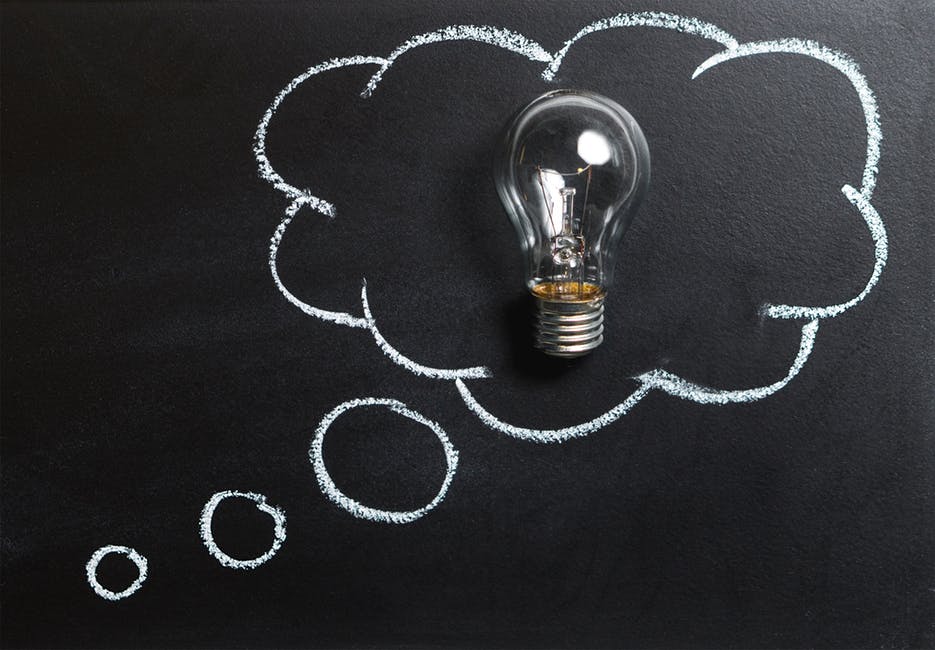
Over 30% of Americans have taken natural nootropics in the past year.
The number of people who have realized the benefits of the so-called “smart drugs” has grown significantly recently.
Nootropics are plant or herb-based extracts. They have been found to boost brain function, along with numerous other benefits.
You can also enjoy nootropics without the harmful consequences of other cognitive performance-enhancing drugs.
If you want a dose of brain power to clear the fog in your mind, natural nootropics could be the ideal remedy for you. Keep reading to find out more!
1. Caffeine
That’s why over 85% of Americans drink caffeine on a regular basis. For many people, the day is much worse without a cup of Joe in the morning.
Over 60% of caffeine drinkers enjoy a cup of coffee nearly every morning. If coffee is not your thing, then you probably drink tea or coke.
We don’t just drink caffeine for the taste. We know that it alleviates tiredness, which keeps us more awake throughout the day.
How does this work?
Well, when you drink caffeine, the development of adenosine is hidden which helps your brain to calm down. Therefore, the mechanism which encourages you to sleep when you need more energy is slowed down.
However, when the effects of the caffeine eventually dissipate, you experience a sudden impact of exhaustion. This is commonly called the “coffee crash.”
2. L-Theanine
L-Theanine is found in matcha green tea. This has been common for a long time in East Asia. However, it is growing in popularity in the U.S. now.
The compound L-Theanine has numerous health benefits. These include reduced anxiety and improved sleep quality.
The consumption of green tea increases the number of neurotransmitters in the brain. These include dopamine (happy hormone) and GABA.
When you’re coming down from the highs of caffeine, swap your cup of jitter juice for a cup of the soothing green stuff.
You can find out more about legal nootropics here.
3. Pycnogenol
There are also numerous cognitive function improvements with the compound known as Pycnogenol.
Also called Pine Bark Extract, the extract helps to prevent oxidative radicals from damaging brain cells, which can cause Alzheimer’s disease.
Regular consumption of the extract can also improve brain function.
4. TeaCrine
TeaCrine is frequently compared with caffeine. The nootropic is naturally found in the Kucha leaves, from which Kucha tea is made.
The nootropic is known to improve energy levels. Drinking coffee can give you an instant boost of energy. While TeaCrine releases energy slowly, which allows you to enjoy the energy for longer.
If you want to avoid the crash at the end of your coffee buzz, then TeaCrine is an excellent alternative.
Moreover, you won’t build up a tolerance to TeaCrine. No matter how often you consume Kucha tea, you’ll still enjoy the energy boost the same.
5. Citicoline/Choline
Citicoline/Choline has been discovered to improve memory and concentration levels significantly.
You may be surprised to hear that you’re probably not getting enough of this nootropic. Studies have found that nearly 60% of people have insufficient Choline levels.
Even though it’s naturally present in many common foods, which include eggs, spinach, and peanuts, it’s difficult to get enough without supplements.
6. Curcumin
Curcumin is present in Turmeric, the orange spice which makes your food taste great and looks bright and appetizing.
There are several health benefits too, which include anti-inflammatory qualities to help your body repair and combat damage.
There is also evidence that regular intake of curcumin can help to reduce your risk of developing numerous light-threatening diseases, which include Alzheimer’s disease, cancer, and heart disease.
7. Bacopa
Have you heard of Bacopa Monier? It’s also called Brahmi?
No, didn’t think so! But, if you were familiar with the ancient Indian tradition of medicine known as Ayurvedic, you would know all about the benefits of the herb.
Just like L-Theanine, Brahmi has been found to enhance memory and relieve anxiety. Instead of calming you down while you’re experiencing stress, Brahmi blocks the stress signals to your brain altogether.
8. Rhodiola
Rhodiola is commonly used in traditional Chinese medicine. However, it is originally grown in Scandinavia.
Research shows that it improves cognitive, as well as physical performance. People who regularly take Rhodiola experience a clean mind throughout the day.
This herb also improves your levels of Dopamine and Serotonin, which raises your mood and energy.
9. Omega 3
Over 90% of Americans are deficient in Omega 3. This is a fatty acid, which is found in fish and algae oil.
Consumption of Omega 3 has been connected with cardiovascular health improvements and combating the symptoms of anxiety and depression.
In Omega 3 there are 2 main compounds, which are called EPA (Eicosapentaenoic Acid) and DHA (Docosahexaenoic Acid).
If you’re concerned you’re not getting enough Omega 3, then you could try taking a Fish oil supplement to raise your levels of it.
10. Ginseng
Ginseng is a root which has been used to improve mood and cognitive performance for thousands of years in traditional Chinese medicine.
If you experience mental fatigue, ginseng has been linked with improving concentration, learning, and memory.
Ginseng has also been connected with improved sexual performance. In particular, the root can increase libido and help to relieve the symptoms of erectile dysfunction.
Do Natural Nootropics Really Work?
Now you know how natural nootropics can boost your brain function and the many other health benefits of “smart drugs.”
Are you convinced by our list of nootropics?
If you want to discover more about whether natural nootropics actually work, then check out our blog here.

